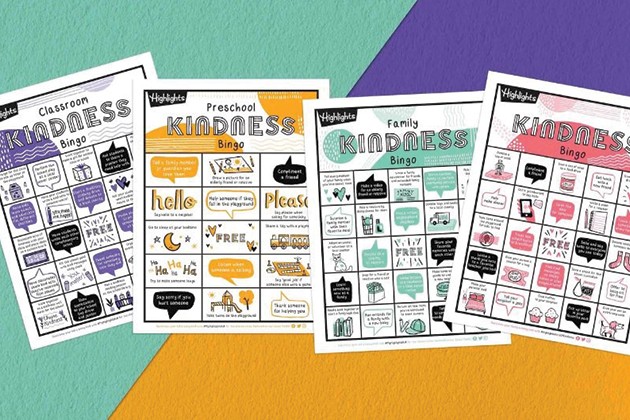Why Self-Control Matters in Preschoolers

While there’s no single childhood trait that guarantees a happy, healthy adulthood, scientists increasingly believe that kids who possess self-control may have a leg up on the competition. Kids who can resist impulses and understand consequences, tend to become good listeners, and better at focusing their attention, prioritizing and completing important tasks.
In a study published in the journal Perspectives on Psychological Science, University of Pennsylvania psychology professor Angela Duckworth and colleagues followed 304 eighth-grade students. They assessed their subjects’ self-control through self-reports, questionnaires completed by parents and teachers and a set of behavioral delay-of-gratification tasks. Kids who demonstrated greater self-control racked up better grades and higher scores on standardized tests. Their research showed, too, that greater self-control was linked to other desirable behaviors, including fewer absences, more time spent studying and less time spent watching TV.
Another important study, published in Proceedings of the National Academy of Sciences, produced similar findings. Investigators from New Zealand who followed a group of over 1,000 people for 32 years found that those who showed good self-control as young children were the most successful as adults. That was true whether the researchers defined success in adulthood as having good physical, emotional or financial health; whether or not the kids showed advanced intelligence in their early years; and whether or not they had certain socioeconomic advantages.
Why Self-Control Matters
When kids have self-control, it puts them in a position to do well in school. If they can regulate their bodies and brains in the classroom, they can remember what they’re hearing, get along with teachers and classmates and other adults and children too. They can build the confidence they need to learn and try new things, solve problems and think creatively.
In the preschool years, self-control might look like:
- A growing ability to follow directions
- An increasing attention span
- A decreasing number of tantrums or meltdowns
- A willingness to keep working on a difficult task
What You Can Do
If that list doesn’t describe your child, don’t despair. Remember, your child’s self-control skills are still developing and will be for a while. And unlike innate intelligence, self-control skills can be taught and strengthened, especially when playing games because they so often require taking turns and following rules.
The New Zealand-based researchers who found the link from self-control to success described the environment self-control skills need to flourish: warm, sensitive, and stimulating. Researchers suggest looking for a preschool that offers these qualities and reassuring your child of your unconditional love. Along with building trust and warmth, helping your child feel comfortable exploring new things and taking risks is key in building self-control. Stimulating your little one’s brain doesn’t mean grilling your child on the ABCs and 123s. Rather, it means filling your child up with words and letters through books, conversation and songs, and incorporating numbers into your daily routine.
Doing so will help create a sense of trust and safety within your child and, in turn, will help build self-control skills that will last a lifetime.









